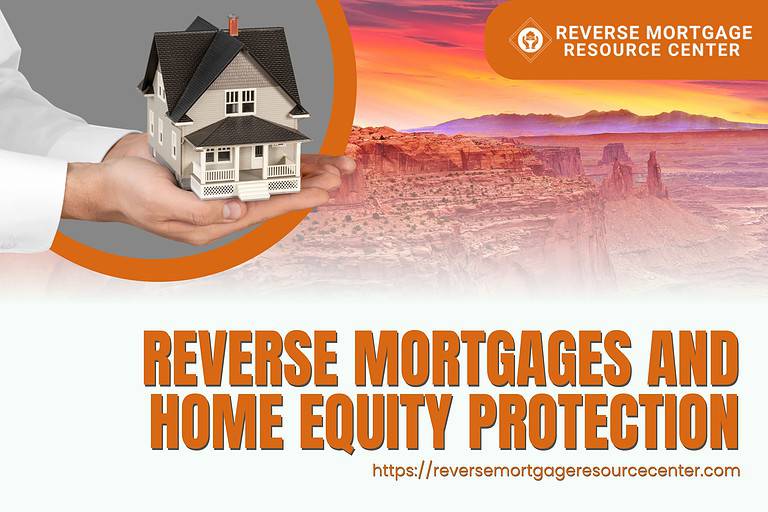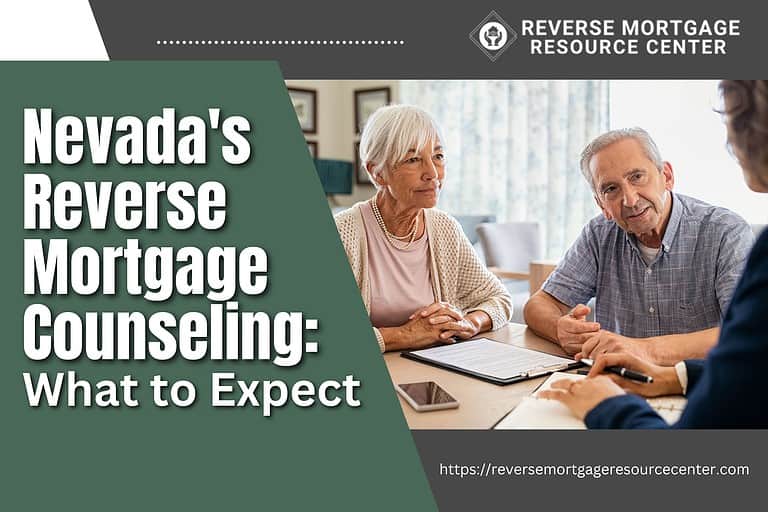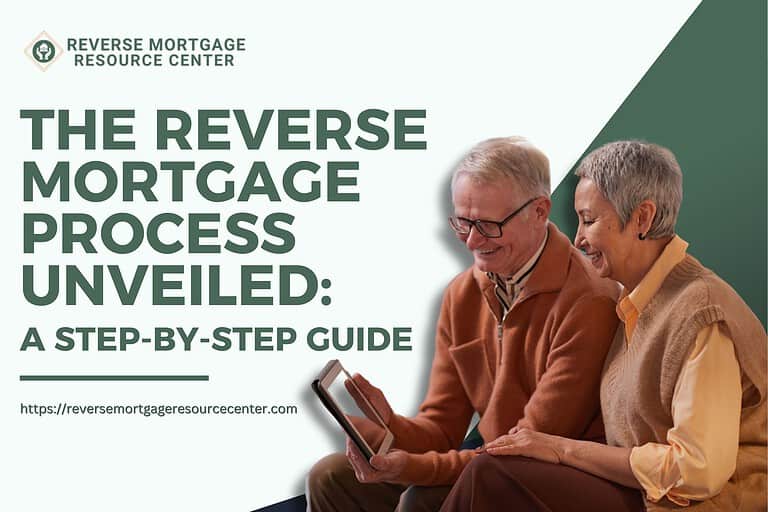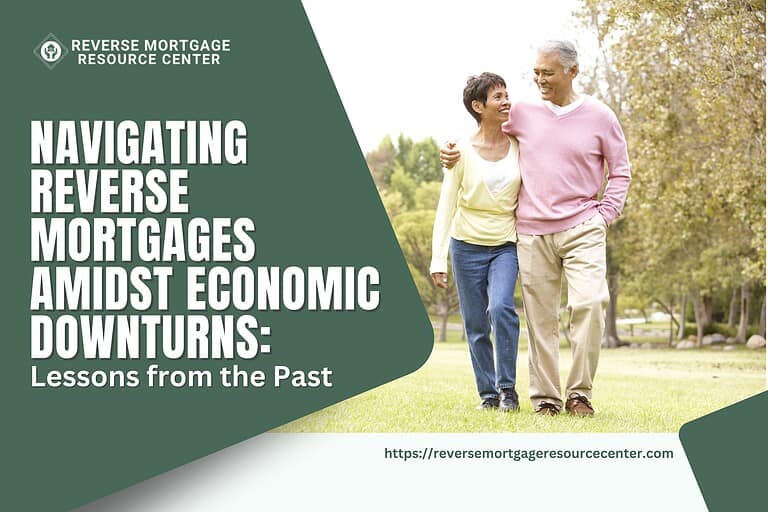Preserve Your Arizona Homeownership with a Reverse Mortgage
Preserving homeownership is a crucial concern for many seniors in the beautiful state of Arizona. As retirement approaches and fixed incomes become the norm, maintaining one’s cherished home can pose a significant financial challenge. The good news is that there’s a powerful tool available to Arizona homeowners that can help them secure their homeownership and enjoy their retirement years with peace of mind: the reverse mortgage.
In this comprehensive guide, we will explore how a reverse mortgage can be a lifeline for Arizona homeowners, enabling them to access the equity in their homes while retaining ownership. We will address the misconceptions surrounding reverse mortgages, clarify the eligibility requirements, and provide valuable insights into the benefits and potential risks. By the end of this article, you will have a clear understanding of how a reverse mortgage can be the key to preserving your Arizona homeownership.
Understanding Reverse Mortgages
What is a Reverse Mortgage?
A reverse mortgage, or a Home Equity Conversion Mortgage (HECM), is a financial product designed for senior homeowners. Unlike a traditional mortgage, where you make monthly payments to a lender, a reverse mortgage effectively converts your home equity into readily accessible funds without selling your home. The loan is repaid when you no longer live in the home as your primary residence, either because you move, sell the house, or pass away.
How Does It Work?
To qualify for a reverse mortgage, you must meet certain eligibility requirements, including being at least 62 years old and owning a home with substantial equity. The amount you can borrow depends on various factors, including age, the home’s value, and the interest rate. The loan proceeds can be distributed in multiple ways, such as a lump sum, monthly installments, or a line of credit.
One of the most attractive aspects of a reverse mortgage is that you retain ownership of your home. The lender places a lien on your property, and the loan is repaid from the home’s sale when you are no longer living in it.
Benefits of a Reverse Mortgage
Secure Your Financial Future
One of the primary benefits of a reverse mortgage is that it can provide you with reliable access to funds in retirement. This additional money can help you cover essential expenses, including healthcare, home repairs, and other day-to-day costs, allowing you to maintain a comfortable lifestyle.
No Monthly Mortgage Payments
With a traditional mortgage, making monthly payments can be a significant financial burden, especially for retirees living on a fixed income. A reverse mortgage relieves you of this obligation, allowing you to enjoy your retirement without the stress of monthly mortgage payments.
Flexibility in How You Receive Funds
Reverse mortgages offer multiple options for receiving funds. You can receive a lump sum, monthly installments, or establish a line of credit to tap into as needed. This flexibility allows you to tailor the loan to your specific financial needs.
Stay in Your Home
One of the most appealing aspects of a reverse mortgage is that it enables you to remain in your beloved home. You continue to own the property, and you can live there for as long as you wish. This provides stability and the comfort of aging in a familiar environment.
Misconceptions About Reverse Mortgages
Loss of Homeownership
One common misconception about reverse mortgages is that you lose home ownership. This is not true. You maintain ownership of your home as long as you meet the loan requirements, which include living in the property as your primary residence, paying property taxes and homeowner’s insurance, and keeping the home in good condition.
Heirs Will Be Burdened with Debt
Another common concern is that your heirs will have substantial debt when you pass away. In reality, a reverse mortgage is a non-recourse loan, which means that the debt cannot exceed the home’s value when it is sold. If your heirs choose to keep the home, they can pay off the loan balance and retain ownership.
High Costs
While it’s true that reverse mortgages come with upfront costs, such as origination fees and mortgage insurance premiums, these costs are often offset by the benefits of the loan. It’s essential to compare these costs with the potential savings and financial security that a reverse mortgage can provide.
Eligibility and Requirements
Age Requirement
To be eligible for a reverse mortgage, you must be at least 62 years old. The older you are, the more you can borrow, as your life expectancy is a significant factor in determining the loan amount.
Homeownership and Equity
You must own a home with substantial equity. The home must be your primary residence, and you must have paid off a significant portion of your existing mortgage, or the existing mortgage balance should be small enough to be paid off using the reverse mortgage proceeds.
Financial Assessment
As of April 27, 2015, the Federal Housing Administration (FHA) introduced a financial assessment requirement. Lenders evaluate your income, credit history, and other financial factors to determine your ability to cover the ongoing costs of homeownership, such as property taxes and insurance. This assessment helps ensure you can maintain the property and keep up with financial responsibilities.
Preserving Your Arizona Homeownership
Secure Your Legacy
Preserving homeownership in Arizona is not just about securing a comfortable retirement; it’s also about leaving a legacy for your heirs. A reverse mortgage can help you maintain home ownership, ensuring it can be passed down to your loved ones.
Covering Rising Healthcare Costs
As you age, healthcare expenses can increase significantly. A reverse mortgage can be a lifeline to cover these costs, allowing you to access your home equity to ensure you receive the care you need without depleting your savings.
Home Improvements and Repairs
Owning a home comes with ongoing maintenance and repair expenses. With a reverse mortgage, you can use the equity to make necessary home improvements or address unexpected repairs, keeping your home in good condition.
Financial Peace of Mind
The financial stability provided by a reverse mortgage can offer you peace of mind as you navigate your retirement years. It can help you avoid the stress of financial uncertainty and enable you to enjoy a comfortable lifestyle in Arizona.
Potential Risks to Consider
Home Value Fluctuations
The value of your home can fluctuate over time. If the value of your home decreases, it may impact the amount you receive from a reverse mortgage. However, the reverse mortgage is a non-recourse loan, meaning you or your heirs will not owe more than the home’s value at the time of sale.
Impact on Heirs
While a reverse mortgage can secure your homeownership, it’s essential to consider how it may affect your heirs. If they wish to keep the home after your passing, they must repay the loan balance. Discussing your intentions with your heirs and seeking professional financial advice can help you plan accordingly.
Ongoing Costs
Though a reverse mortgage eliminates the need for monthly mortgage payments, you are still responsible for property taxes, homeowner’s insurance, and home maintenance costs. Failing to meet these obligations could result in the loan becoming due and payable.
REVERSE MORTGAGE RESOURCE CENTER ~LIVE LIFE ON YOUR TERMS~
Our Lending Team has been serving our clients since 2004. We are passionate about serving our clients with integrity to help them achieve their financial goals.







